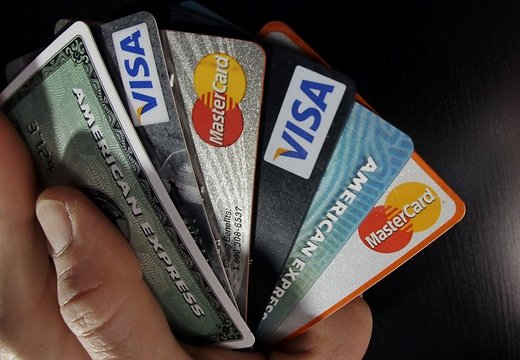Many people avoid financial products such as credit cards, loans and mortgages through a lack of knowledge or misinformation. There are many misconceptions when it comes to credit and some of these can lead to customers making bad decisions or misusing credit. In order to have a clear understanding to make the right decision, you need to have the correct information. The following are the top myths and misconceptions about credit and the truth behind them;
The Credit Blacklist
There is a fear that having a poor credit history, or mismanaging your debt will lead to you being put on a blacklist. There is no such thing as a credit blacklist and regardless of your credit score; some lenders will still provide you with loans or credit cards. People also think that your score is affected by your race, religion, age and gender. None of this is true. A score is always based on how you manage debt, how often you apply and what accounts you have.
A Credit Score is a reflection of me
This cannot be further from the truth and thinking this way can lead to having low self-esteem, especially if you have a low score. You should try and divorce yourself from this train of thought and if you have a low score, take the steps needed to improve it. You need to remember that a credit score is only a reflection on your financial history is not a number that suggests who you are as a person.

Items on your Credit report are permeant
Most information on your report is held for around six years. Lenders only want to get an idea of you recent and current financial situation. Missed payments from twenty years ago will have been removed by the time you applied for a loan in recent months. As people are able to improve their credit score and make payments, it would be unfair to keep a default from twenty years ago when you are making an effort to build your rating.
You can have as many credit cards as you want
This is partly both true and untrue. Lenders do not like to see you having multiple accounts with large balances, but at the same time, they want to see that you can effectively manage payments. They like to see customers who do not heavily rely on one credit card they already have, so keep in mind to keep the amount you borrow to less than 25% of your credit limits.
Never borrowing improves your chances
If you have never borrowed before, a creditor will have no idea of how you manage debt. They want to see a credit history that details how you have used debt in the past and to see whether you are reliable in the future when it comes to borrowing money.
Full payments lowers my credit score
If you pay off a card or loan in full, it is a good indication that you can afford it, but having a balance through use of credit builds up a history. Keep in mind that missed payments will have a negative impact on your rating.
Some people avoid credit completely because they feel they are not good enough, or their rating is so low that they are unable to apply for any financial products. With the right information, and guidance, you could have access to capital that could potentially help you repair, or establish an excellent credit history.
Bill Turner is a free-lance writer and family man. He enjoys volunteering at his local vet & rescue clinic.




